Black Light and UV Light – What is the difference?
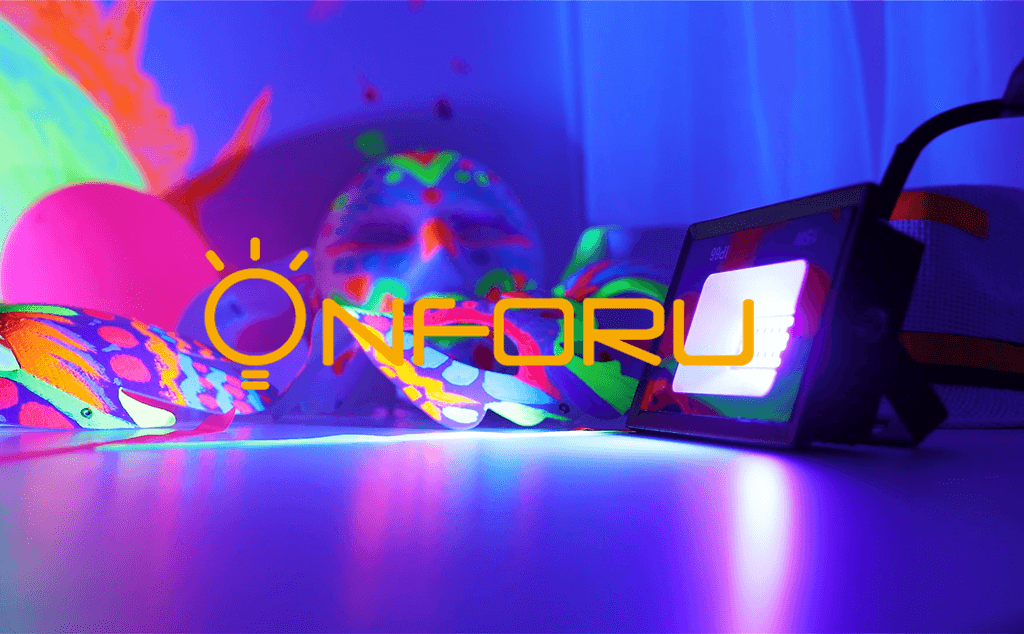
Technically speaking, black lights are a type of UV lights and are long-wave UV lamps, while UV lights cover the full range of short-, medium- and long-wave wavelengths.
Let's think of it this way: humans have very limited senses. Some animals are able to hear frequencies much lower or higher than what our ears can hear, such as bats and dolphins. For humans in most cases, are unable to hear low and high frequency sounds.
Therefore, light is similar to sound in that some light is visible to the human eye and some is not visible to the human eye. Because light is nothing more than electromagnetic radiation, it is measured in wavelengths. The wavelengths of light that we can see, from violet to blue, green, yellow, orange and finally red, and all the nuances in between, are called the visible spectrum.
Ultraviolet or UV light has a shorter wavelength than the light we can see, which means we can't see it at all. The name comes from the fact that it is just below our visible spectrum, below the first color of light we can see, which is purple. Ultraviolet light is part of the spectrum of wavelengths that reach the earth from the sun.
There are 3 subcategories of UV light, from shorter to longer wavelengths: UVC, UVB and UVA lights.

Definition of Ultraviolet Light & Black Light
Black light is the common name for a type of UV lamp, usually refers to lamps using self-filtering UV lamps or UV bulbs as black light, this black light output main peak of 365nm, UV output band of 320-400nm, because this wavelength can not be identified by the human eye, so people call him black light.
UV lights are lamps between 100nm-400nm that can emit UV light, there are short-wave UV lamps, medium-wave UV lamps, long-wave UV lamps. Short-wave UVC lamps are mainly used for sterilization and laboratory fluorescence analysis, medium-wave UVC lamps are mainly used for dermatological treatment, and long-wave UVC lamps are the above-mentioned black lights.
Spectrum of Light
Unlike some animals, people can only see a spectrum from red to purple. Under normal circumstances, other invisible "colors" exist above and below this spectrum. The "colors" above red are called infrared and those below violet are called ultraviolet. Ultraviolet light causes fluorescent or luminescent pigments to fluoresce and emit visible light.
The UV spectrum is divided into subcategories based on wavelength.
450 - 400 nm violet, (visible light)
400 - 320 nm UVA, long-wave, black Light
320 - 280 nm UVB, medium wave
280 - 100 nm Short-wave, germicidal
How Does UV Light, Black Light Work
Ultraviolet Light

Because of their short wavelengths, UVC rays are blocked by the ozone layer and they do not reach the Earth's surface. This is because these rays cause the most damage to us. However, they are often used for medical purposes because in small and controlled amounts they can kill bacteria, help heal wounds, and treat some skin conditions such as psoriasis or vitiligo.
UVB Light
These rays can sunburn the skin and cause skin cancer; they can damage the epidermis and cause malignant cells to develop in time. While we are doing this: wearing sunscreen year-round is also a way to protect your health.
UVA Light
UVA rays have the longest wavelengths in the UV category, accounting for 95% of the light that reaches the earth's surface. UVA rays can penetrate deeper into the skin and cause wrinkles. Skin reacts to these rays by tanning - it does this to protect itself from UVA rays. It is important to note that you would have to be exposed to a large amount of UVA rays for a long period of time to cause any real damage to your body. Overall, they are considered completely safe.
Black Light

Black light is a specific type of UVA light that appears to be dark purple - at least a small amount of light in the visible spectrum wavelengths. Most of the light emitted by black light is in the UVA category and is not visible to the human eye. Only the longest wavelengths of black light can be converted to deep violet (the first color in the visible spectrum).
The main characteristic of black light is that it causes white and fluorescent objects to glow in the dark. This is because all these objects contain the same element of phosphorus (chemical element). The phosphor absorbs energy and re-emits it as visible light. When placed under black light, it absorbs UVA rays and re-emits them as light perceptible to the human eye. Phosphor can be found in many natural elements, such as teeth and nails, and it is often found in laundry detergents to make your clothes look extra white.
What are the advantages and disadvantages of UV lights and black lights?
Ultraviolet lights
- Pros: UVC technology kills bacteria, germs, mold spores and viruses. This technology destroys airborne and surfaceborne bacteria and viruses, including airborne pathogens and airborne particles. and improves the indoor air quality of buildings.
- Cons: Prolonged exposure to UVC is unsafe for humans because it can damage the cornea. It can be safely added to your facility's daily disinfection routine. But it should not be used when someone is nearby.
Black Lights
- Pros: Black light can create a strong colorful atmosphere for holiday festivals, parties and gatherings. Also harmless to humans.
- Cons: Can't sterilize the environment like UV lights.
Conclusion
The above is the difference between black light and ultraviolet light, a detailed introduction will also help you better buy products, in addition, ONFORU black light is mainly UVA lights, will not damage the human body, can be for holiday parties, home decoration to play a role in adding color.
Relative Products
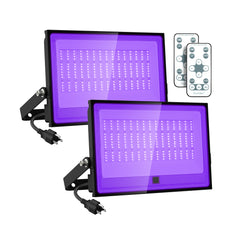 |
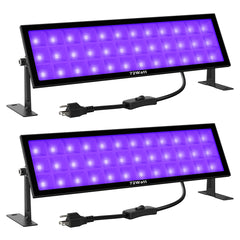 |
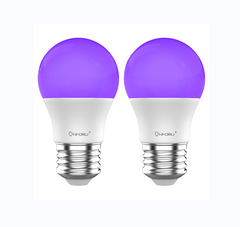 |
More Resources


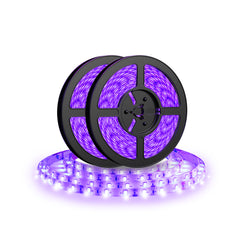

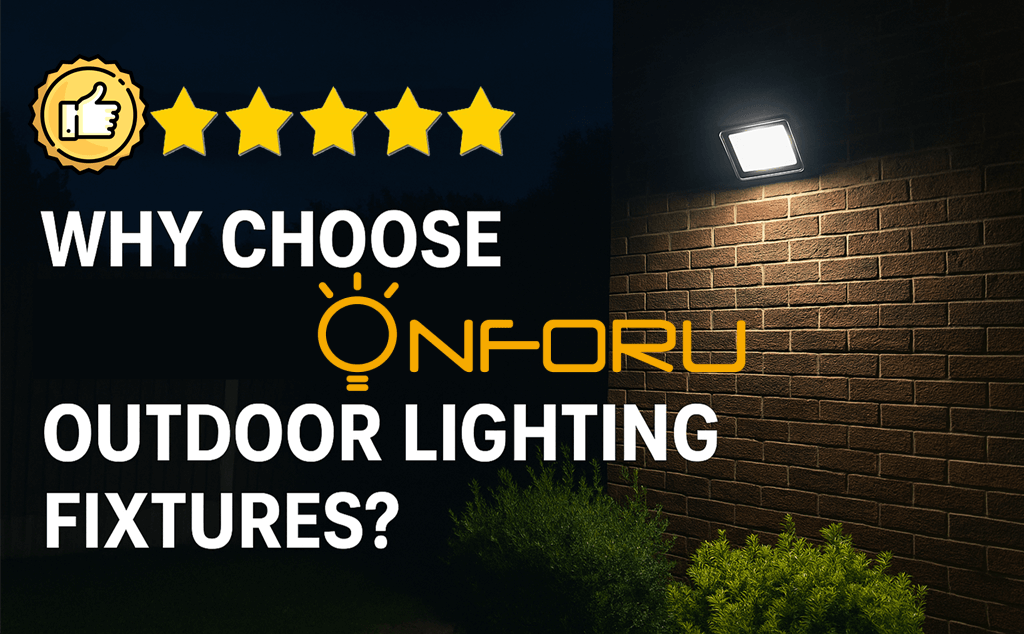
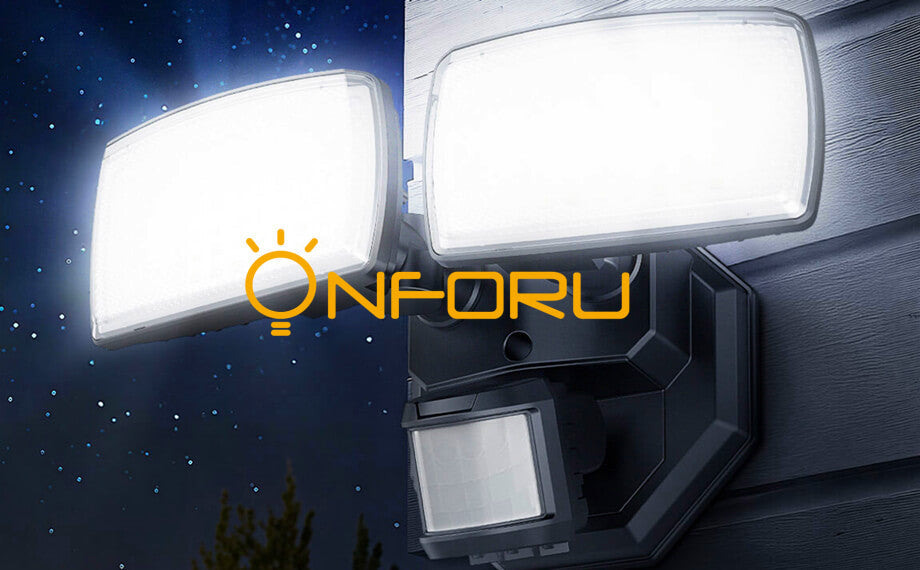
The light emitted from black lights is not harmful to humans.
Leave a comment